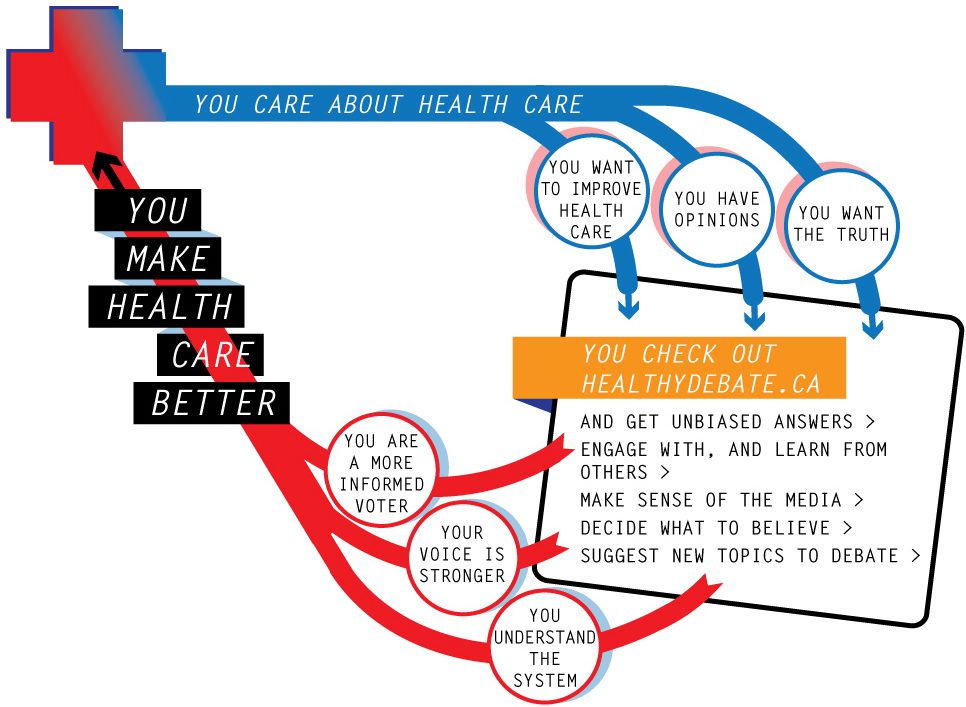Waiting for long-term care in Ontario

The Ontario Health Quality council reported in 2010 that wait times for a long-term care bed in Ontario have tripled since 2005. A substantial number of people who are waiting for long-term care – and some who are currently in long-term care – could be cared for at home or in “assisted living” facilities …








